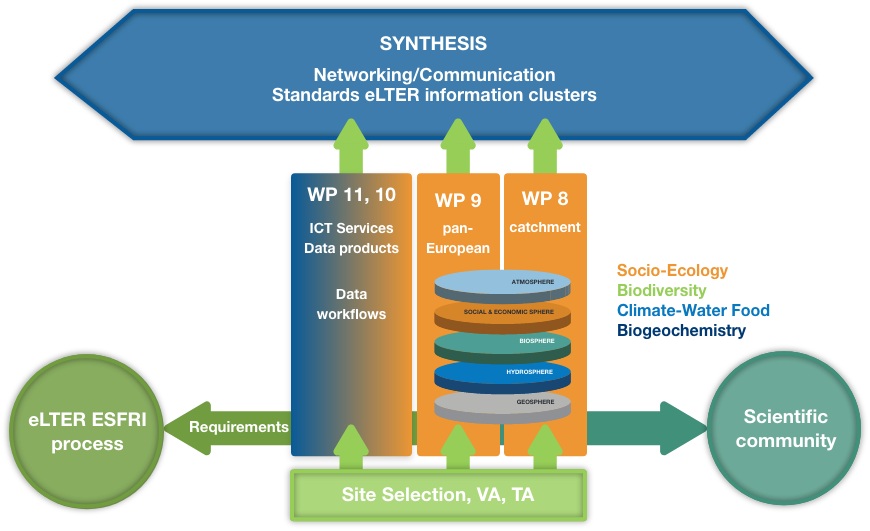Project Information
The Project
The Integrated European Long-Term Ecosystem, critical zone and socio-ecological Research infrastructure Advanced Community project (eLTER PLUS) is a HORIZON 2020 funded Research and innovation action (RIA) with three main pillars: networking, joint research activities and transnational, remote and virtual access. It is closely linked to the eLTER Preparation Phase Project (eLTER PPP) and contributes to implementing the eLTER Research Infrastructure (eLTER RI).
The eLTER PLUS Advanced Community Project conducts a performance test of the emerging eLTER RI while challenging, assessing and strengthening its operations. Selected sites and platforms in terrestrial, freshwater and transitional waters ecosystems are used to study ecosystem integrity, impacts of climate change and endangered ecosystem services at a pan-European scale. Alongside these exemplary case studies eLTER PLUS identifies and assesses innovative observational and analytical methods, elaborates detailed specifications of eLTER RI according to community needs (standard observations, site design), supports community building and training, and pilots priority services (IT and other support).
Key facts about eLTER PLUS
Lead institution: University of Helsinki, Finland
Coordinator: Jaana Bäck (University of Helsinki, Finland); co-coordinator: Michael Mirtl (UFZ, Germany)
Consortium: 33 participating institutions from 23 European countries
Budget: 10 million €
Duration: 72 months (6 years, Feb 2020 - Jan 2026)
Core objective: eLTER PLUS connects major scientific user communities with the site networks and its data/services, works on detailed site and observation specifications and pilots the technical service development
Download flyer
Research Challenges and Core Concepts
The main Research Challenges (RC) addressed by eLTER PLUS
RC 1 Biodiversity loss
RC 2 Biogeochemical controls of ecosystem functions
RC 3 Climate-water-food nexus
RC 4 Socio-ecological systems
The core concept of eLTER PLUS:
RIGHT: Scientific and other user communities driving exemplary thematic Research Challenges.
LEFT: the eLTER ESFRI process fed by a wide range of project outcomes.
TOP: Synthesis and activities linking the actual project outcomes, related communities’ requirements and the eLTER ESFRI process.
BOTTOM: Strategic site selection based on the existing LTER site pool for site & data access through transnational (TA), remote (RA) and virtual (VA) access.
CENTER: To the right: Whole System Approach is realised by cross-theme collaboration atsite scale (WP8) and catchment scale (WP9). To the left: user requirements and research products across themes are translated into data product specifications with service/tools piloting and implementation.
Time plan overview

The Research Challenges (RC)
eLTER PLUS addresses four thematic Research Challenges (RCs). All the RCs will use multi-disciplinary data with sufficiently large spatial and temporal coverage and a Whole Systems Approach. There are expert teams around each RC, representing the respective scientific communities. The four Research Challenges are:
The developing eLTER RI provides an unprecedented opportunity to address the limitations imposed by insufficient temporal and spatial scales of biodiversity observations. For the first time, the systematic integration of measurements collected at Europe’s most advanced long-term ecological research sites is possible within eLTER PLUS. While eLTER strives for harmonisation of measurements at its sites, existing biological time series are not always easy to combine in large-scale assessments because of historic differences in measurement protocols.
However, recent statistical advances and increased computing power now provide the potential for the incorporation of such data, coupled with additional information gleaned, for example, from downscaled Earth Observation datasets (remote sensing) or regional climate and land-use models, within complex spatio-temporal models to enable investigation of variation and trends in biodiversity at a European scale.
Against this background, this RC aims to:
quantify and attribute variability and long-term trends in biodiversity for different terrestrial and freshwater ecosystem types and organisms groups across Europe.
identify and rank multiple stressors (single, in combination and their interactions) which drive short-term variability and long-term trends.
compare trends derived from eLTER time series with trends based on opportunistic or systematic measurements at non eLTER sites (space-for-time substitution).
explore food security relevant ecosystem functions (e.g., pollination, decomposition) and derive recommendations for adaptation/mitigation measures for site managers.
Investigating interactions of carbon and nitrogen biogeochemical cycles across the European ecosystem types and biogeographic regions are core activities of eLTER. Biogeochemical cycles link all spheres of ecosystems (atmo-, bio-, pedo-, hydro-sphere). They are of key importance for a quantitative understanding of ecosystem services and functions such as the net balance of greenhouse gases, removal of pollutants, biodiversity, provisioning of nutrients and food and water security.
Climate change (e.g. changes in rainfall and temperature patterns), agricultural management (e.g. fertilization, tillage, irrigation), timber harvest and the concentrations of airborne acidifying and eutrophying substances are important drivers of biogeochemical processes. The eLTER information cluster sites together with ICOS and other networks provides a unique opportunity of a whole system analysis of the impact of external drivers (such as drought) on biogeochemical process. We will:
-
Explore eLTER information clusters to increase process understanding of the impact of environmental and societal changes on carbon and nitrogen cycling at site and ecosystem scale, covering a broad range of ecosystem types.
-
Test and pilot the co-location of eLTER and ICOS sites to evaluate the potential and opportunities for more efficient use of the pan-European investments on ecosystem RIs.
-
Bring together inter- and multidisciplinary research teams to foster collaboration and maximise data interpretation.
-
Report specifications to develop ICT services for the core biogeochemical data products and for user-friendly work flows.
The availability of water resources contributes substantially in maintaining ecosystem integrity, securing food production and sustaining other ecosystem services. Climate change is expected to increase extreme events such as droughts and heat waves that will impact water availability and increase water demand for irrigation, particularly in arid and semi-arid areas. The increased occurrence of dry spells or high intensity rainfall events have the potential to alter agricultural systems across Europe in terms of land use and management.
eLTER PLUS has the unique capacity to generate continental scale, continuous data products of states and fluxes of the biophysical systems that will enable multi-scale modelling approaches to assess the impact of extreme events such as droughts and high intensity rainfall on ecosystem services, including services that sustain food production, and to design adaptation strategies to sustain ecosystem services.
The specific objectives of the climate-water-food nexus are:
-
To improve knowledge of the impact of drought events on ecosystem water-use efficiency (WUE) and ecosystem resilience.
-
To understand relationships between WUE, soil structure, plant productivity and ecosystem resilience.
-
To establish a validated pan-European scale terrestrial model at 3 km scale using eLTER-RI infrastructure and provide 30 years of reanalysed time series of hydrological fluxes based on the use of eLTER in-situ data.
eLTER RI is the only environmental RI that directly addresses societal questions and environmental policies at local, regional and continental scales. Despite advances in biophysical knowledge regarding environmental degradation (climate change, biodiversity loss, nitrogen loading, etc.) and its drivers, global to local environmental conditions continue to decline in the atmosphere, hydrosphere, lithosphere and biosphere (Steffen et al. 2015).
In order to respond to environmental challenges, modern planning, management and policy-making theory and practice calls for the integration of multiple disciplinary approaches to problem solving, as well as the seamless and organic integration of stakeholders (local communities, economic interests, resource users, natural resource managers, planners and policy makers, non-governmental organizations) in all stages of research and policymaking in order to maximize potential for sustainable outcomes (Haberl et al. 2006). eLTER PLUS has adopted this call and is consistently developing and refining transdisciplinary frameworks, primarily through the establishment and operation of LTSER platforms in order to address its sustainability goals (Mirtl et al. 2018; Holzer et al. 2018; Dick et al 2018a).
An integral characteristics of the socio-ecological research framework are its iterative and reflexive nature - suggesting that SE research is an ongoing dialogue between science and society in constant pursuit of sustainability. The collection of both qualitative and quantitative essential socio-ecological variable data at the platform scale will allow for an upscaling of analysis, and application of knowledge to continental ecological and natural resource policy making.
eLTER PLUS Steering Committee
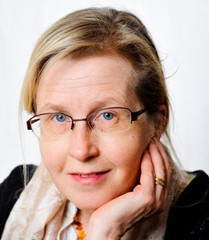
Jaana Bäck (coord.)
University of Helsinki, Finland
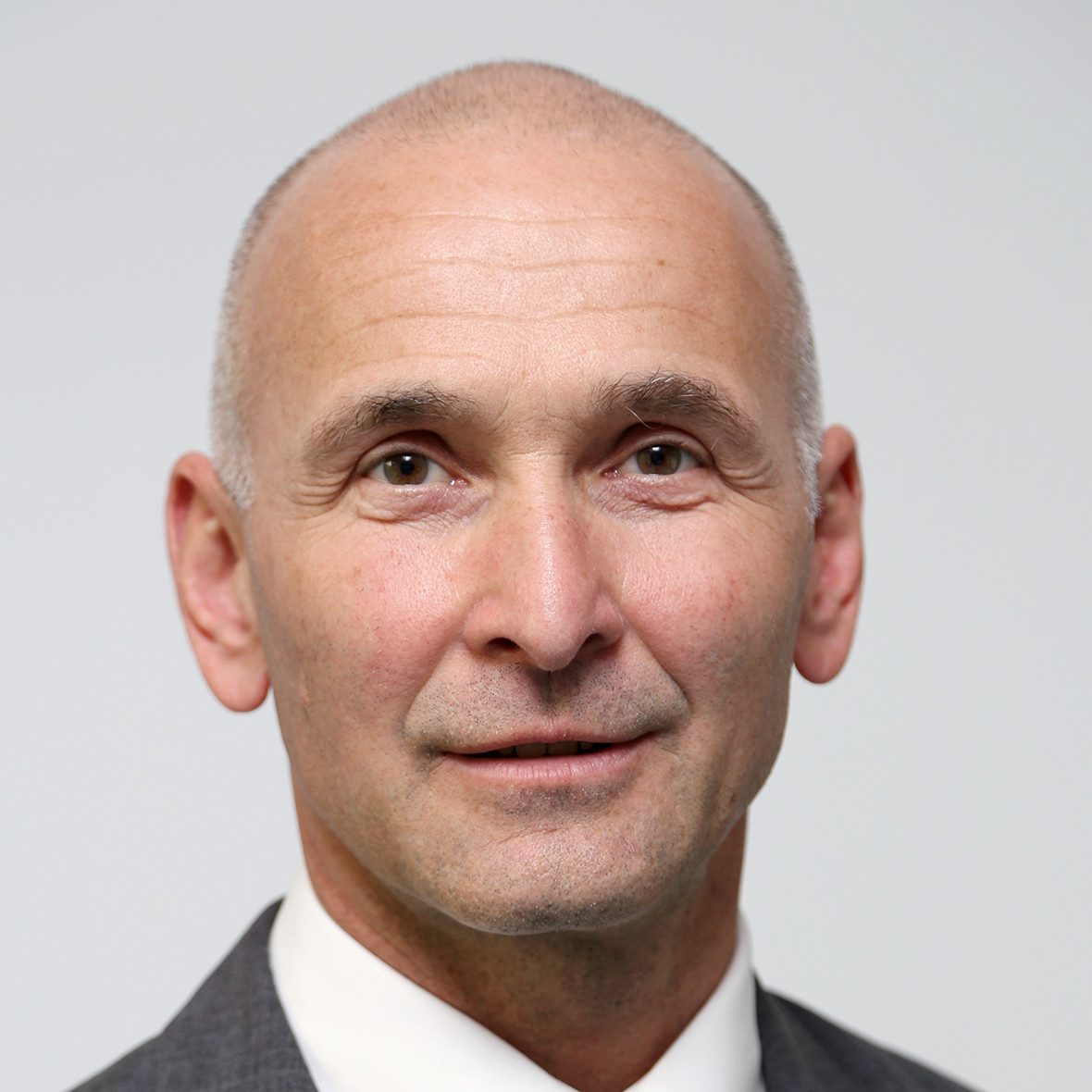
Michael Mirtl
Environment Agency Austria and Helmholtz-Centre for Environmental Research, Austria/Germany
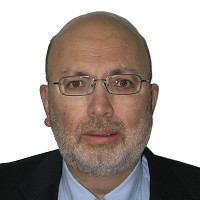
Nikos Nikolaidis
Technical University of Crete, Greece

Steffen Zacharias
Helmholtz-Centre for Environmental Research, Germany

Carmela Marangi
National Research Council, Italy
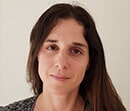
Shayli Dor-Haim
Ben-Gurion University of the Negev, Israel
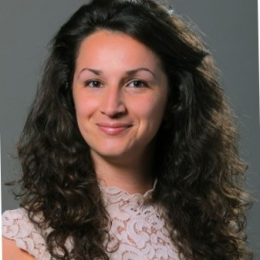
Desislava Asenova
Pensoft Publishers, Bulgaria
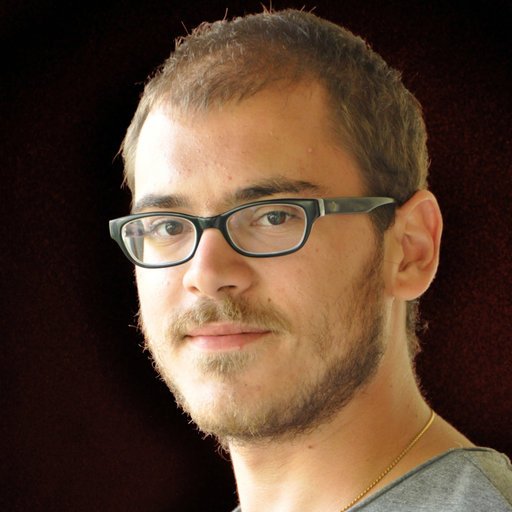
Tudor Racoviceanu
University of Bucharest, Romania
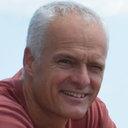
Thomas Dirnböck
Environment Agency Austria, Austria
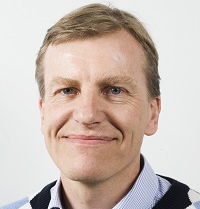
Martin Forsius
Finnish Environment Institute, Finland
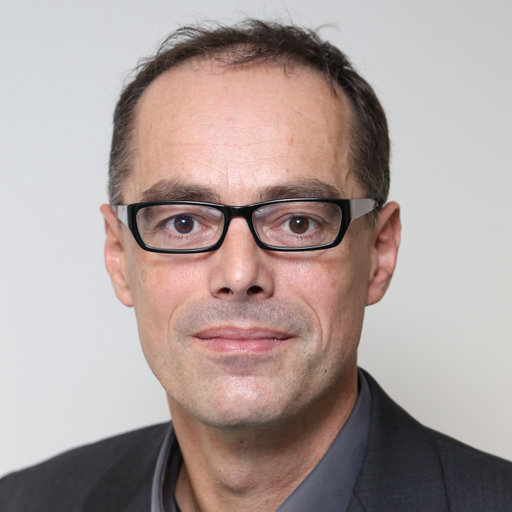
Johannes Peterseil
Environment Agency Austria, Austria
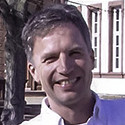
Peter Haase
Senckenberg Institute and Museum, Germany
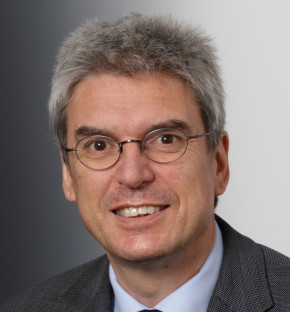
Harry Vereecken
Forschungszentrum Jülich, Germany
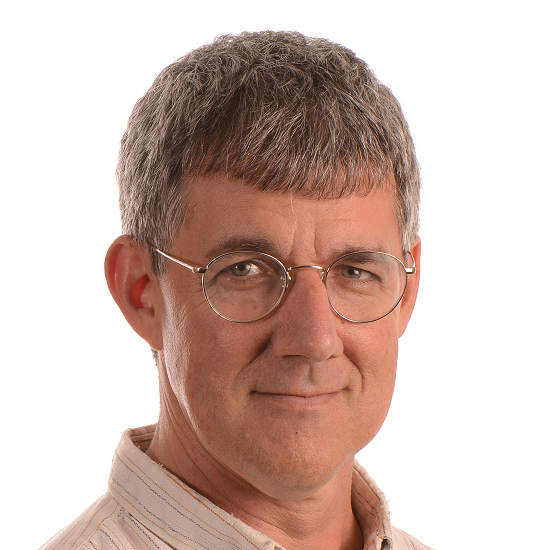
Daniel Orenstein
The Technion-Israel Institute of Technology, Israel
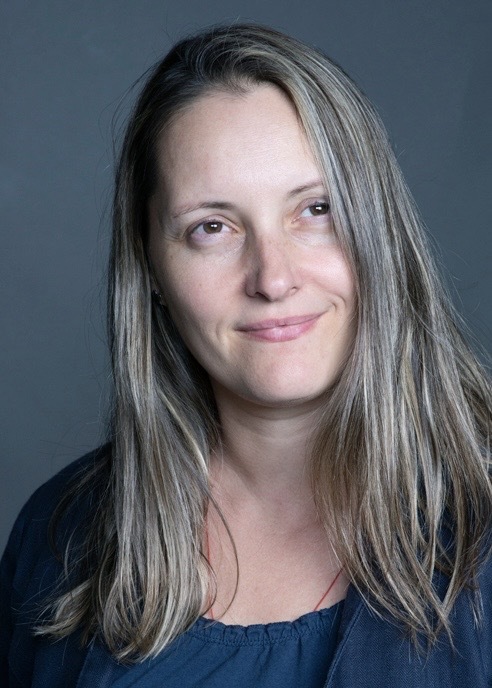
Alexandra Tzvetkova
Pensoft Publishers, Bulgaria
